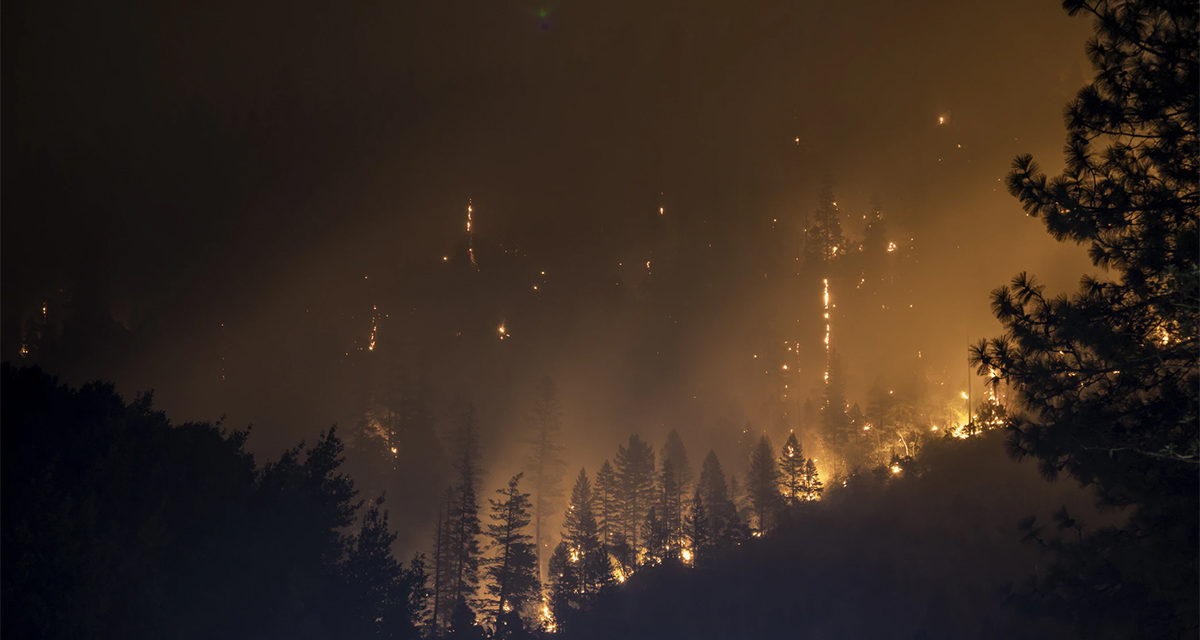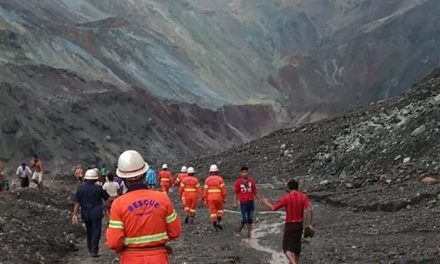Since September, Australia has been plagued with what has been described as ‘unprecedented’ wildfires, dominating large parts of the country and leaving hundreds of homes destroyed, millions of hectares burned and at least 17 people dead.
According to experts at the University of Sydney, around 480 million animals have died as a result of the crisis with officials fearing that up to 30% of a koala colony in New South Wales had been lost to the fires.
As one of Australia’s most populous states, New South Wales has officially called a state of emergency as the fires continue to spread due to brisk winds. With conditions expected to worsen on Saturday, many have decided to flee, leaving tens of thousands of people stuck in traffic jams.
The smoke from the wildfires has even managed to affect neighbouring New Zealand as ash and dust settled on its glaciers and snow. This offers its own set of problems: instead of reflecting the sun’s heat, the glaciers are now absorbing heat making it that much easier to melt.
Why is this happening?
Wildfires in Australia are not uncommon. However, the speed and ferocity in which these fires are spreading is undeniably worrying. Record-breaking heat and drought are only some of the factors contributing to the crisis, but Australia may also be fanning the flames by dismissing the role it has played in the emergency.
Last year was the hottest year on record for Australia and undoubtedly this fire season has been the country’s worst. However, that doesn’t seem to inspire much urgency in Australia’s leaders. Despite the climate crisis being a high priority amongst citizens, Prime Minister Scott Morrison has evaded calls for action particularly regarding the country’s reliance on coal. Unfortunately, the country’s priorities do not seem to be changing. In fact, Australia is the world’s largest exporter of coal and happens to be the only nation to introduce and then repeal a carbon tax.
As we enter a new decade, and scientists would argue the most important one yet, tackling the climate crisis must hold a stronger relevance in Australian politics, before it’s too late.
- This Artist is Making the Underwater Arena His Canvas - 28th April 2021
- A Video Game that Promotes Peace and Conflict Resolution - 15th March 2021
- Netflix’s ‘Living Undocumented’ is a Difficult Series to Watch, and Exactly Why We Should - 9th March 2021






